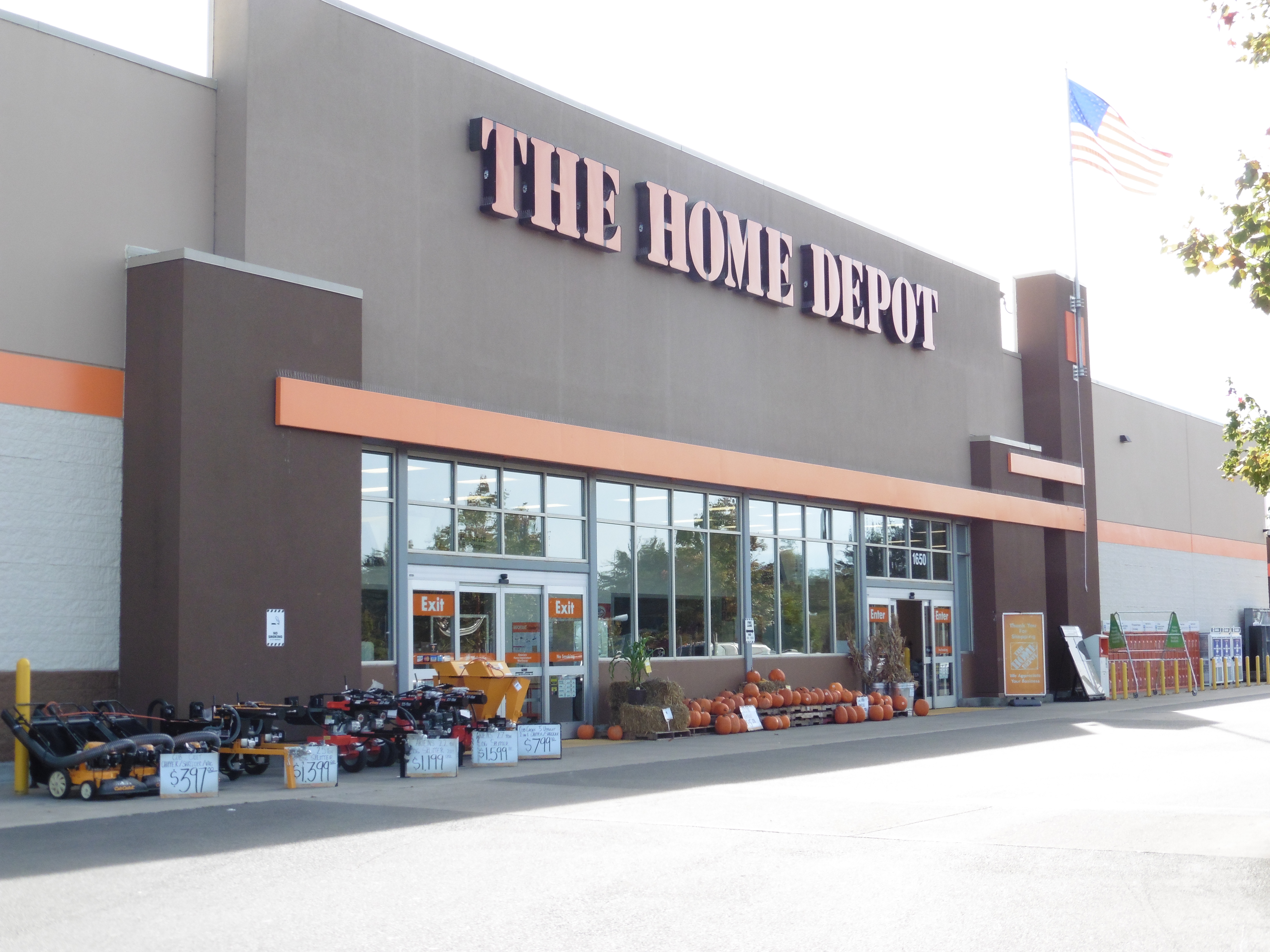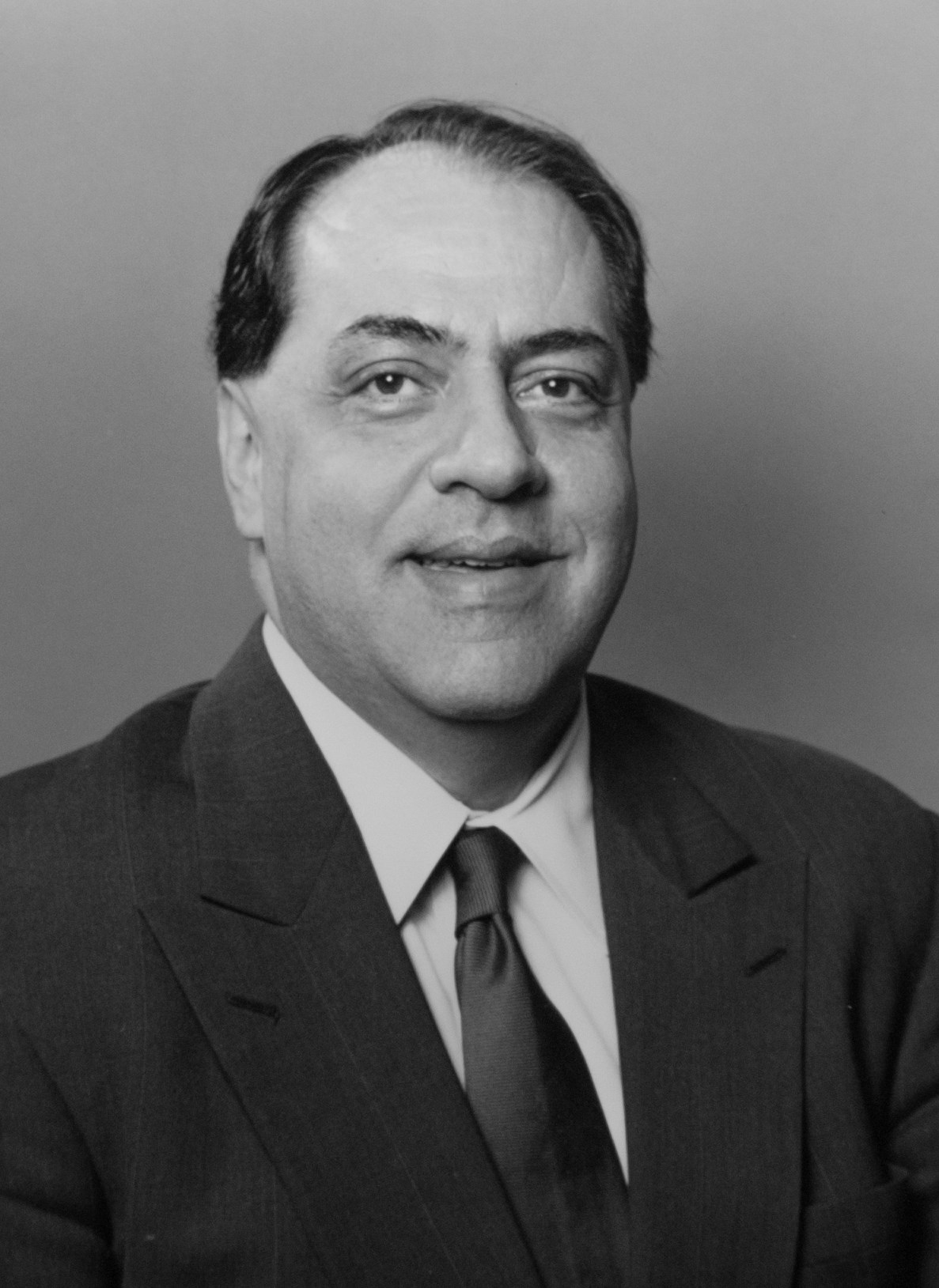Table of Content
- Dune: Awakening gets first in-game footage at The Game Awards
- Gubernatorial Election
- Hellboy: Web of Wyrd’s first official trailer was unveiled at The Game Awards 2022
- Eagle-eyed fans spot more GTA 6 teases in Grand Theft Auto Online
- Donald Trump NFT Collection Sells Out, Price Surges
- More from this stream Microsoft and Activision Blizzard: the latest news on the acquisition
- Emergency Room physician reacts to body camera video of Tavares officer’s fentanyl exposure
When investors are “here today, gone tomorrow,” residents face an uncertain future. But when residents know new businesses are “here today, here to stay,” they can plan for the growth of their communities, provide a stable future for their families, and ultimately become homeowners. Reno mayor Hillary Schieve is suing a private investigator and his company after finding a device attached to her vehicle that was capable of tracking its real-time location. The lawsuit, first reported by The Nevada Independent on Thursday, alleges that the investigator trespassed onto her property to install the device without her consent. It says Schieve was unaware until a mechanic noticed it while working on her vehicle.

Moreover, when coupled with NLP technologies, even greater democratization can result as inexperienced investors can interact with AI systems in plain English, while providing an easier interface to financial markets than existing execution tools. Mobile wallets - The unbanked may not have traditional bank accounts but can have verified mobile wallet accounts for shopping and bill payments. Their mobile wallet identity can be used to open a virtual bank account for secure and convenient online banking. Overall, we see fintech as empowering people who have been left behind by antiquated financial systems, giving them real-time insights, tips, and tools they need to turn their financial dreams into a reality. There's just so little that’s been written about in the law about crypto, and that means that people are trying to take breadcrumbs from prior decisions and put them together to make something.
Dune: Awakening gets first in-game footage at The Game Awards
This map highlights the five geographic regions for which we present results; these regions account for approximately 90 percent of the state population. With the controlling party in Congress hanging in the balance, 51 percent of likely voters say they are extremely or very enthusiastic about voting for Congress this year; another 29 percent are somewhat enthusiastic while 19 percent are either not too or not at all enthusiastic. In October 2018 before the last midterm election, a similar 53 percent of likely voters were extremely or very enthusiastic about voting for Congress (25% extremely, 28% very, 28% somewhat, 10% not too, 8% not at all).
However, a person trying to deposit a check has no idea or control over whether the check will clear, and sometimes, that person is the victim of check fraud. In fact, there are many reasons deposited checks can bounce, and the most common reason is that the check originator does not have enough money available in their account. Charging a fee to the depositor penalizes the person who could not anticipate the check would bounce, while doing nothing to deter the originator from writing bad checks. Microsoft also accuses Sony of not welcoming competition from Xbox Game Pass and that Sony has decided to block Game Pass on PlayStation.
Gubernatorial Election
They are then able to pass on these savings in the form of no-fee or no-minimum-balance products to their customers. This presents a tremendous opportunity that innovation in fintech can solve by speeding up money movement, increasing access to capital, and making it easier to manage business operations in a central place. Fintech offers innovative products and services where outdated practices and processes offer limited options. FTA The Financial Technology Association represents industry leaders shaping the future of finance. We champion the power of technology-centered financial services and advocate for the modernization of financial regulation to support inclusion and responsible innovation.
So we're very committed to providing hybrid capabilities, including running on premises, including running in other clouds, and making the world as easy and as cost-efficient as possible for customers. That being said, many customers are in a hybrid state, where they run IT in different environments. In some cases, that's by choice; in other cases, it's due to acquisitions, like buying companies and inherited technology.
Hellboy: Web of Wyrd’s first official trailer was unveiled at The Game Awards 2022
California voters have now received their mail ballots, and the November 8 general election has entered its final stage. The 2022 midterm election also features a closely divided Congress, with the likelihood that a few races in California may determine which party controls the US House. Consumers can submit complaints about overdraft and depositor fees, as well as about other financial products or services, by visiting the CFPB’s website or by calling 411-CFPB . An overdraft fee can become a surprise fee when the customer doesn’t reasonably expect their actions to incur an overdraft fee.

The second is the practice of indiscriminately charging depositor fees to every person who deposits a check that bounces. The penalty is an unexpected shock to depositors who thought they were increasing their funds. AI can be used to provide risk assessments necessary to bank those under-served or denied access. By expanding credit availability to historically underserved communities, AI enables them to gain credit and build wealth. Nearly half of fintech users say their finances are better due to fintech and save more than $50 a month on interest and fees.
A more open ecosystem that is broadly inclusive of both consumers and businesses holds great promise. Our rulemaking will not turn on a switch, but I hope it will move us in that direction. In closing, it is important to remind ourselves about why the United States has historically been a bastion of discovery and progress. We are at our best when our laws and rules facilitate seamless switching, reduce barriers to entry, eliminate conflicts of interest, and prevent infrastructure providers from denying access to critical networks. Through that process, we’ll hear from small banks and financial companies who will be providers of data, as well as the small banks and financial companies who will ingest the data.

Specifically, we expect that the public will gain more bargaining leverage once data holding companies must share authorized consumer data with authorized third parties. And, this will lead to more shopping by consumers both because they have the leverage to walk away and because they will have access to more tailored products and services. We present results for five geographic regions, accounting for approximately 90 percent of the state population. “Central Valley” includes Butte, Colusa, El Dorado, Fresno, Glenn, Kern, Kings, Madera, Merced, Placer, Sacramento, San Joaquin, Shasta, Stanislaus, Sutter, Tehama, Tulare, Yolo, and Yuba Counties.
In September, a similar share of likely voters preferred the Democratic candidate (60% Democrat/lean Democrat, 34% Republican/lean Republican). Today, overwhelming majorities of partisans support their party’s candidate, while independents are divided (50% Democrat/lean Democrat, 44% Republican/lean Republican). Democratic candidates are preferred by a 26-point margin in Democratic-held districts, while Republican candidates are preferred by a 23-point margin in Republican-held districts. In the ten competitive California districts as defined by the Cook Political Report, the Democratic candidate is preferred by a 22-point margin (54% to 32%). Six in ten likely voters say they are following news about the 2022 governor’s race very (25%) or fairly (35%) closely—a share that has risen from half just a month ago (17% very, 33% fairly).

According to data from OpenSea, at time of writing, the collection's trading volume is 900 ETH, or about $1.08 million. The one-of-ones, the rarest of the NFTs, which comprise 2.4% of the 45,000 unit collection , are selling for as much as 6 ETH at the time of writing. Rather than rely on black-box models that people can’t make sense of, lending can move back to real-world data about someone’s ability to pay back a loan. This will eliminate bias and reliance on credit scores and other proxies.
Even legislators might look at that as they try to think about where the gaps are. As a prosecutor I had a case where we sued three Chinese banks to give us their bank records, and it had never been done before. Afterwards, Congress passed a new law, using the decisions from judges in this court and the D.C. So I'm sure people look at prior decisions and try to apply them in the ways that they want to. Before joining Protocol, he reported on New York's technology industry for Crain's New York Business.

In January 2022, the CFPB launched an initiative to scrutinize back-end junk fees that cost Americans billions of dollars. Tens of thousands of people responded to a CFPB Request for Information with their stories and complaints about unnecessary fees in banking. Since then, the CFPB has taken action to constrain “pay-to-pay” fees, and has announced a rulemaking proceeding on credit card late fees. In the last year, the CFPB has also published several research reports on overdraft fees and an analysis of college banking products. Overdraft and depositor fees likely violate the Consumer Financial Protection Act prohibition on unfair practices when consumers cannot reasonably avoid them. Today’s Consumer Financial Protection Circular on surprise overdraft fees and the CFPB’s compliance bulletin on surprise depositor fees lay out when a financial institution’s back-end penalties likely break the law.
All of our newsletters, apart from our flagship, Source Code, will no longer be sent. Source Code will be published and sent for the next few weeks, but it will also close down in December. Jamie Condliffe (@jme_c) is the executive editor at Protocol, based in London. Prior to joining Protocol in 2019, he worked on the business desk at The New York Times, where he edited the DealBook newsletter and wrote Bits, the weekly tech newsletter. He has previously worked at MIT Technology Review, Gizmodo, and New Scientist, and has held lectureships at the University of Oxford and Imperial College London. I don't think we have immediate plans in those particular areas, but as we've always said, we're going to be completely guided by our customers, and we'll go where our customers tell us it's most important to go next.
If you'd asked me 15 years ago, “hey in 2022, how much of the cutting edge of innovation do you think would be around raw performance or price performance of a unit of compute,” I wouldn't have necessarily guessed that was still as important as it is. Part of that is because of the size of datasets and because of the machine learning capabilities which are now being created. They require vast amounts of compute, but nobody will be able to do that compute unless we keep dramatically improving the price performance. Inside of each of our services – you can pick any example – we're just adding new capabilities all the time. One of our focuses now is to make sure that we're really helping customers to connect and integrate between our different services. So those kinds of capabilities — both building new services, deepening our feature set within existing services, and integrating across our services – are all really important areas that we'll continue to invest in.




































